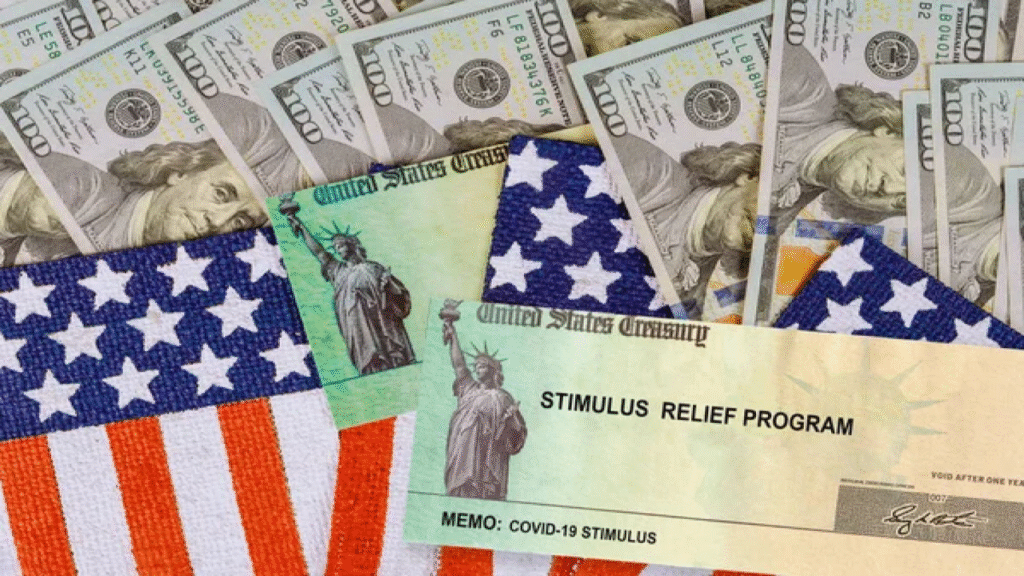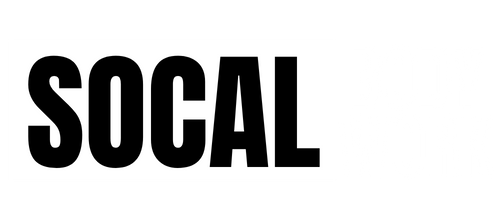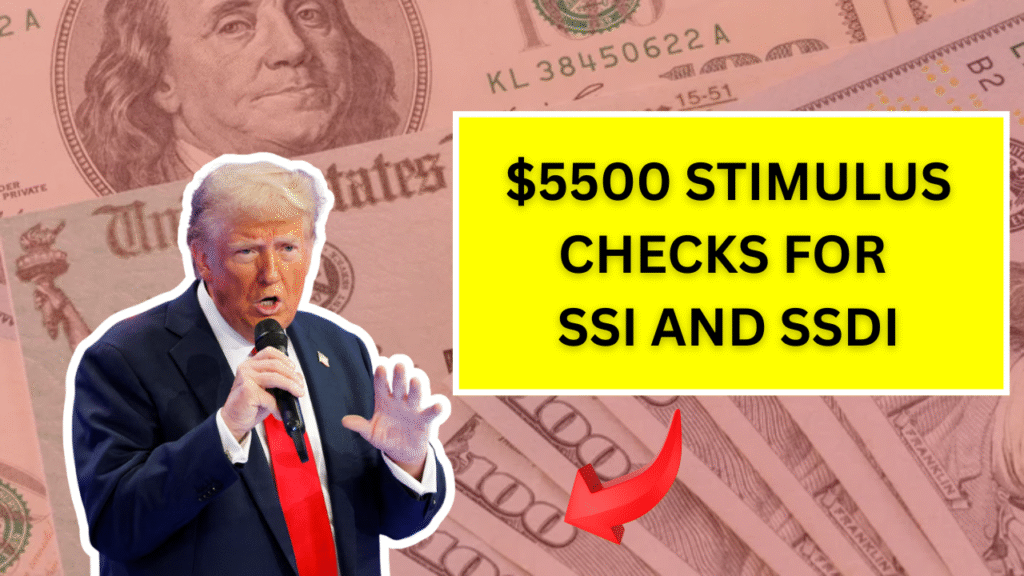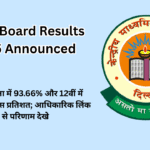In 2025, rumors about a potential $5,500 stimulus check for Supplemental Security Income (SSI) and Social Security Disability Insurance (SSDI) beneficiaries have been making rounds online. While the U.S. government has not officially confirmed any new stimulus checks for low-income individuals, it’s important to separate fact from fiction and understand what the current eligibility guidelines are. Here’s everything you need to know about this potential stimulus check and what to expect in terms of payments and eligibility.
What Are SSI and SSDI?
Before diving into the potential stimulus check, let’s understand the programs that would be most affected by it.
- SSI (Supplemental Security Income) is a federal program designed to provide financial support to low-income individuals who are either aged (65 or older), blind, or disabled. SSI helps cover basic living expenses like food, clothing, and shelter.
- SSDI (Social Security Disability Insurance) offers financial assistance to people who are unable to work due to a disability. To qualify, individuals must have worked and paid into the Social Security system for a specific period before they became disabled.
$5,500 Stimulus Check – Rumors and Reality
As of now, there has been no official announcement from the U.S. government regarding a $5,500 stimulus check for SSI, SSDI, or low-income individuals. The claim has spread through online channels, but it remains speculative. The Internal Revenue Service (IRS) and Social Security Administration (SSA) have not confirmed these rumors.
Speculative Stimulus Payment for 2025
While the $5,500 stimulus check is not a reality yet, it could potentially be part of an economic relief initiative targeting low-income individuals and those receiving benefits from SSI and SSDI. To help understand how these payments could work, let’s look at some key factors:
- Eligibility Criteria for Low-Income Stimulus Checks
- SSI Beneficiaries: These individuals typically have an income below $1,000 a month, and they could be eligible for future stimulus payments if the government decides to offer assistance based on financial need.
- SSDI Beneficiaries: Those receiving SSDI could also be eligible if the criteria are extended to individuals with disabilities, particularly those earning less than the threshold for eligibility (usually under $75,000 annually).
- Low-Income Families: Historically, those earning less than $75,000 annually for singles or $150,000 for joint filers have been eligible for stimulus payments in past years.
- Payment Distribution
- If a $5,500 stimulus check were to be approved, it would likely follow a similar pattern to previous checks. The payments would likely be distributed through direct deposit, checks, or preloaded debit cards. It’s also possible that payments would be staggered over several months, as seen with previous stimulus efforts.

Eligibility Criteria for the Stimulus Check
To be eligible for this type of payment, individuals must meet certain criteria. While the specifics would depend on the eventual legislation that would pass, we can look at how past stimulus payments were distributed:
- Income Threshold: For many of the previous stimulus checks, eligibility was determined by income. For single individuals, the income limit was typically $75,000 annually, and for couples, it was $150,000.
- Social Security Benefits: SSI and SSDI beneficiaries would likely qualify based on their monthly payments, which are already below the income thresholds for standard stimulus checks.
- Other Benefits: If the government aims to include as many people as possible in this round of relief, those receiving other forms of government assistance, such as unemployment or food stamps, might also be eligible.
When Will the Payment Be Released?
Although we can speculate about a $5,500 payment, it is important to clarify that no official dates have been announced. However, here’s what to expect if the stimulus were to be approved:
- SSI Payments: These are typically paid on the 1st of each month, so if there were any new payments, they would likely follow the regular schedule.
- SSDI Payments: SSDI recipients receive their payments on the 2nd, 3rd, or 4th Wednesday of each month, depending on their birth date. If a stimulus payment were issued, it could either be added to the regular SSDI payments or sent separately.
For more information on payment dates and schedules, visit the official Social Security website.
How to Stay Updated
Given the uncertainty surrounding the $5,500 stimulus check, it’s important to stay updated by checking official sources like the IRS and SSA websites. The IRS regularly updates its website with any news regarding new stimulus payments, tax credits, and eligibility information.
Additionally, it’s important to beware of scams. If you receive unsolicited calls, emails, or text messages claiming that you are eligible for a stimulus payment, do not share your personal information. The IRS and SSA will never contact you via phone or email for such matters. Visit their official sites for any updates on the stimulus check.
What to Do Now
While we wait for official confirmation, here are some steps to take:
- Ensure Your Information Is Up to Date: If you are a recipient of SSI, SSDI, or any other government benefits, make sure your contact details and banking information are current with the IRS and SSA. This will ensure that you receive any future payments without delay.
- File Your Taxes: Even if you are not required to file taxes, doing so can help you receive future stimulus payments or tax credits. You can file your taxes for free using the IRS Free File program.
- Watch for Official Announcements: Keep an eye on news outlets and official government sources for any updates on potential stimulus legislation.
Conclusion
At this point, the $5,500 stimulus check for SSI, SSDI, and low-income individuals remains unverified and speculative. However, with economic relief being a topic of discussion in the U.S., it is possible that such payments could be introduced in the future. To stay informed, rely on credible sources such as the IRS and SSA, and avoid falling for unverified claims circulating on social media.









